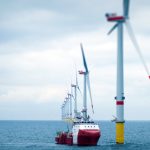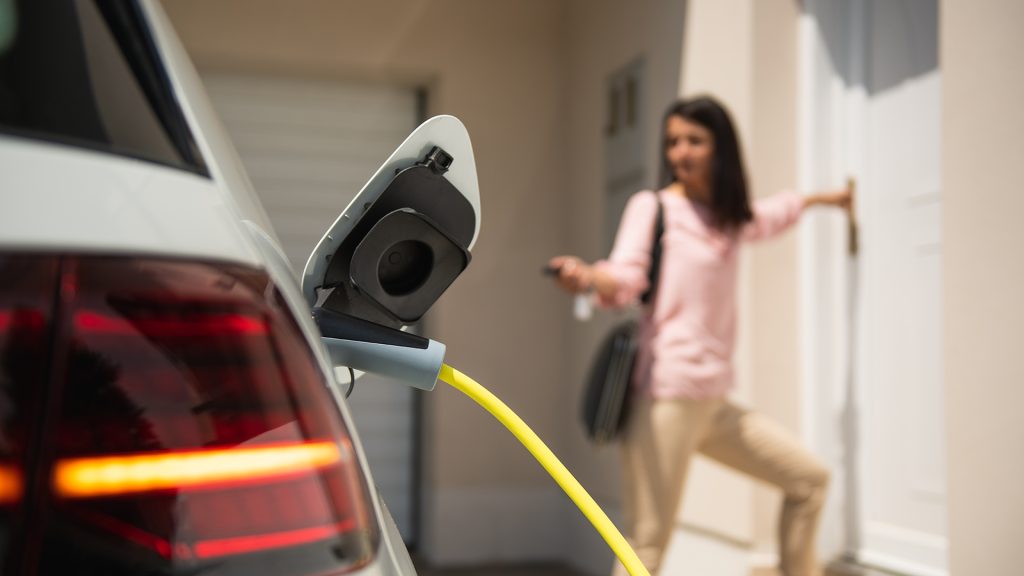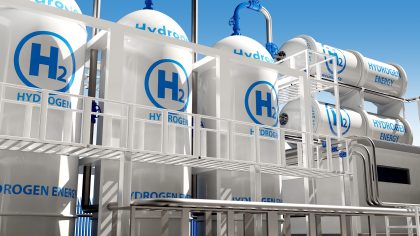This week health care workers began delivering injections of the COVID-19 vaccine. As the injections commenced, the International Energy Agency projected that it will be several months before coronavirus vaccinations start to improve global oil demand. The IEA decreased its forecast recovery in demand for 2021 by 170,000 barrels a day to 5.7 million barrels a day and lowered its demand forecast for the final quarter of 2020.
And with global energy demand declining, the U.S. Energy Information Administration recently said energy-related carbon dioxide (CO2) emissions dropped sharply in 2020 in the United States amid coronavirus outbreaks. In its December Short-Term Energy Outlook, the EIA said energy-sector CO2 emissions will decrease by 11% in 2020, nearly four times the 3% decline in 2019. Fortunately, the U.S. was already leading in global emissions reductions even before the coronavirus lockdowns began earlier this year!
Meanwhile this week, headlines focused on the nominees for President-elect Joe Biden’s energy and environment team, which includes Rep. Deb Haaland to lead the Interior Department, North Carolina environmental regulator Michael Regan to head the EPA and Brenda Mallory to lead the White House Council on Environmental Quality.
With one weekend left to go before the holiday break, make sure you check out these helpful holiday energy savings tips. And if you are looking for more energy fun, here are our five favorite stories to help you start your weekend!
Southern Californians can pay to get natural gas from landfills and cow manure
Southern California utilities received the green light from state regulators this week on a 3-year plan to sell “renewable natural gas”, or “biogas,” to their customers. Bloomberg explains how these fuels come from capturing methane from manure lagoons at dairy farms and landfills, as well as how So Cal residents will have to pay a premium to get it.

Construction begins on world’s largest marine installation vessel
The U.S. offshore wind industry made waves this week as Dominion Energy began construction on a $500 million marine installation vessel that is crucial to developing the nation’s offshore wind market. E&E News reports on how the vessel will be the first of its kind to be compliant with the Jones Act, meaning it will be manufactured with American steel and American labor.

Locking carbon dioxide inside concrete
Experts are considering new techniques for reducing the emissions output from cement production. Bloomberg explores one technique being discussed, using carbon dioxide in the production of concrete, which will speed up the week’s long hardening process while also enabling long-term carbon sequestration.

A little nickel goes a long way in EV batteries
Researchers are developing a new electric vehicle battery material that is not only cheaper, but also offers greater output. Axios describes how a single-crystal, nickel-rich cathode packs at least 25% more energy than the lithium-ion batteries used in today’s vehicles.

Modular nuclear reactors create cost-competitive hydrogen production
Research indicates that a single small nuclear power module could economically produce almost 50 tons of hydrogen fuel per day. New Atlas states how the study says that the improved power output of the module allows it to produce 20 percent more hydrogen from water than previously.


